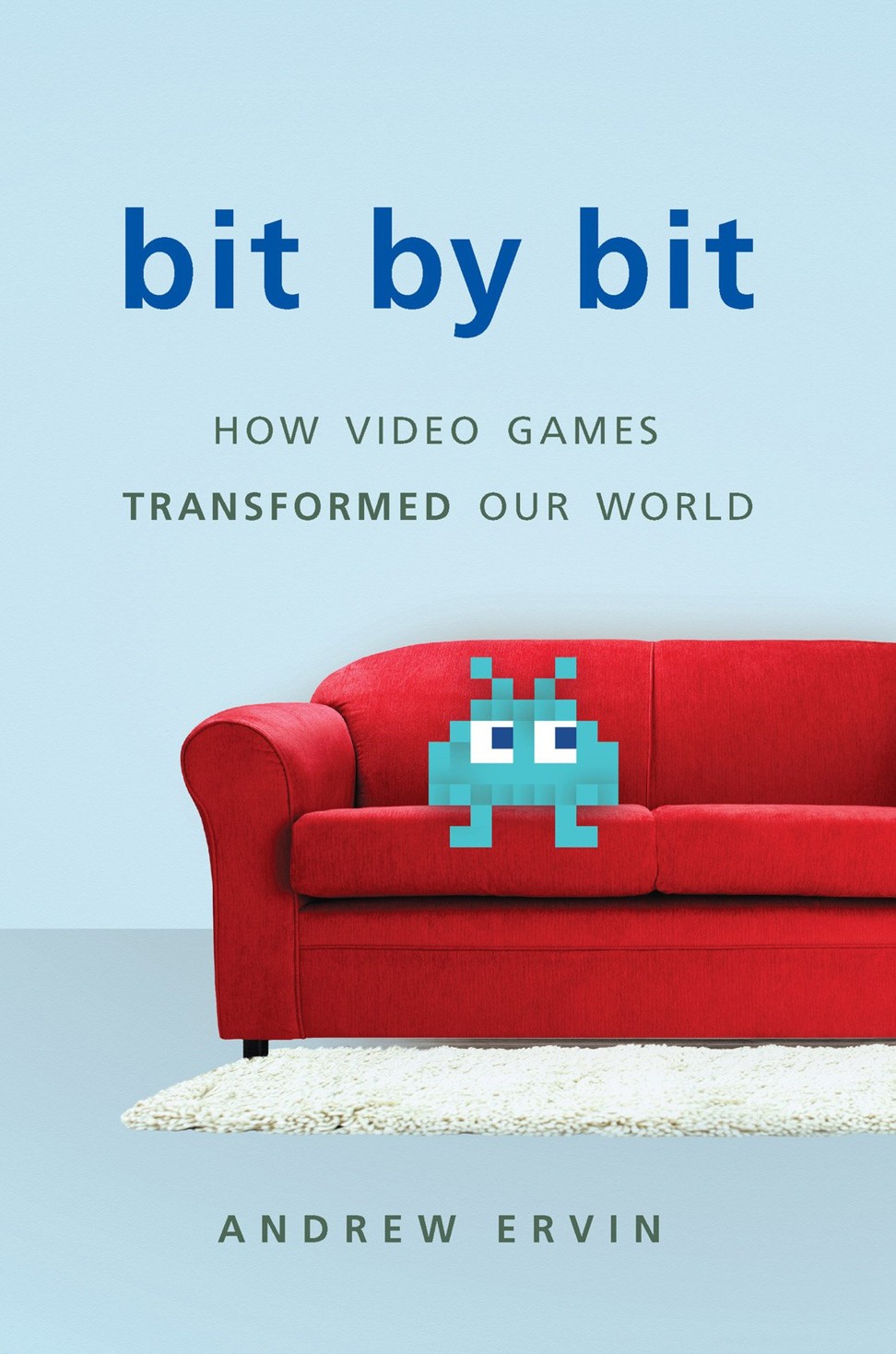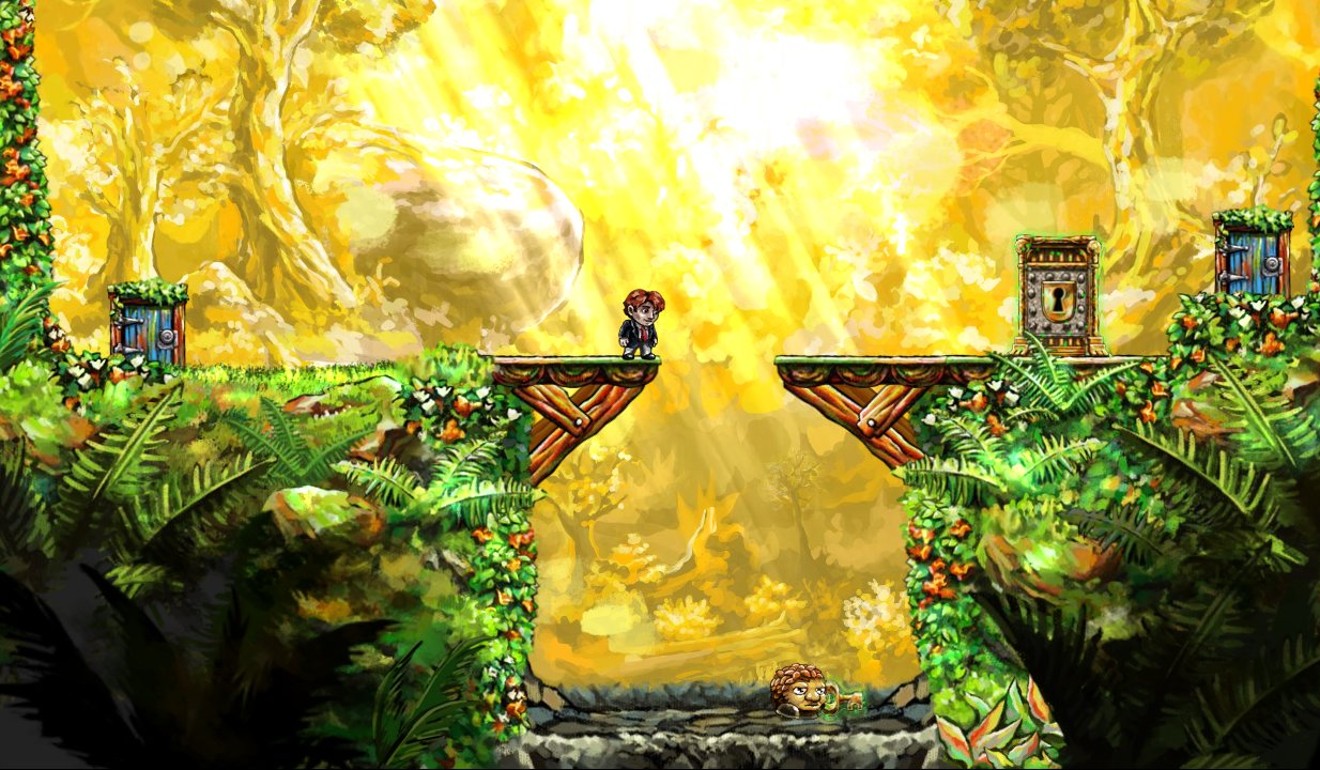
Book review – Bit by Bit: How Video Games Transformed Our World opens eyes for the uninitiated
Novelist Andrew Ervin lends a literary tone to this study of the history of gaming, but could be criticised for some generalisations, ignoring artsy games, and recommending PlayStation for newcomers
Bit by Bit: How Video Games Transformed Our World
by Andrew Ervin
Basic
3/5 stars

Ervin, a novelist, brings a literary sensibility to his study of the medium. Quotations from Shakespeare to Melville fill his text. He uses Walter Benjamin’s The Work of Art in the Age of Mechanical Reproduction to explain his decision not to fully refurbish a Donkey Kong arcade cabinet.
Midway through his 40s, Ervin decided to catch up on gaming. He was inspired by watching his nephews play Minecraft on Christmas Day. Ervin had been away from gaming since he sold his Nintendo system in college and used the proceeds to buy books.
In Bit by Bit, he states that he got out “at exactly the wrong time, right before the release of Mario 64,” which helped standardise how characters move in 3-D environments – a milestone he equates with the rediscovery of linear perspective in the Renaissance.

When Ervin refers to games such as Fallout 4 and No Man’s Sky as “magisterial”, he implies that they are uncontested masterpieces; they are not.
Also, when he recommends the Playstation to new gamers rather than the Xbox, which he associates with “ultraviolent, artless games”, one may recall that it was Xbox Live Arcade that launched artsy games such as Limbo, Fez and Braid.

When Ervin reflects on the “insidious” quality of armed forces using video games as recruitment tools, one may ask why that’s more egregious than a TV ad? Should militaries not try to recruit young people?
One of the book’s key statements is: “Today, if there is in fact a distinction between mass entertainment and the fine arts, it gets complicated more effectively by video games than any other medium.”
Bit by Bit plumbs these complications with welcomed intelligence. The book lacks the feeling of an insider’s account of the video gaming scene, but for the uninitiated, it makes for a good starter class.

